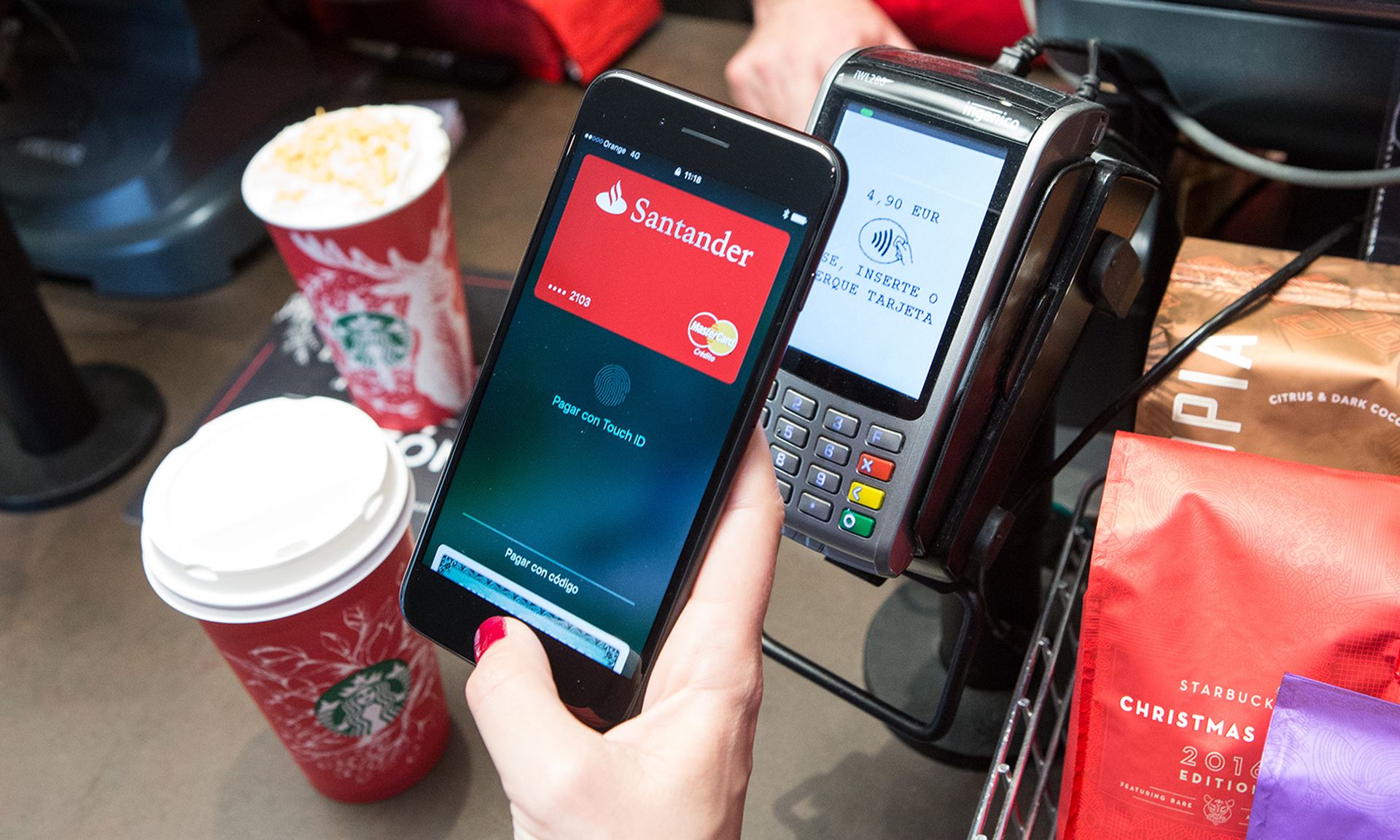It’s no secret that financial fraud has sharply risen during the pandemic over the past couple of years, but a recent report released by Feedzai paints an even more disturbing picture.
In fact, online fraud attacks are growing more quickly than valid online financial transactions worldwide, according to Feedzai’s most recent quarterly crime report, released April 5. The financial risk management service provider uncovered a 233% rise in online fraud attacks worldwide in the first quarter of 2022, although the number of online transactions themselves only increased by 65%.
Also, the survey highlights a 794% jump in fraud for digital entertainment transactions as the virtual channels become easier and more popular for commercial exchanges.
Click here for details about the 13th annual Identiverse conference in Denver, Colorado, June 21-24
“The shift from in-person transactions to online transactions, along with the plethora of devices and accounts each person has, creates vast amounts of data points,” Jaime Ferreira, vice president of Global Data Science at Feedzai, said in a press release. “From a fraudster’s point of view, this is the best-case scenario. It’s easier for them to hide in all that noise.”
For financial firms, the pilgrimage into cyberworlds “also creates opportunities for banks to create more effective and personal products and services,” says Ferreira. “Now is the time to connect teams and data to prevent fraud and provide elevated customer experiences.”
Robert Rendell, vice president of payment solutions at Feedzai, pointed out that “the trend toward digital transactions and banking means more opportunities for fraudsters.”
However, it is the scale of growth, of greater use of digital channels, and the subsequent attacks on those channels, which surprised Rendell.
“We are two years into the pandemic and still seeing fraud more than double year-over-year, even as people settle into the routine of digital payments and online shopping,” said Rendell, adding that criminals are getting more savvy about targeting where small transactions at scale can make them big bucks.
“Most banks simply aren’t prepared for this type of blanket attack spread across consumers,” Rendell added. “But the online attacks don’t mean that in-person attacks are slowing down. Some geographies, like Florida, are also experiencing an increase in in-person attacks, as well.”



